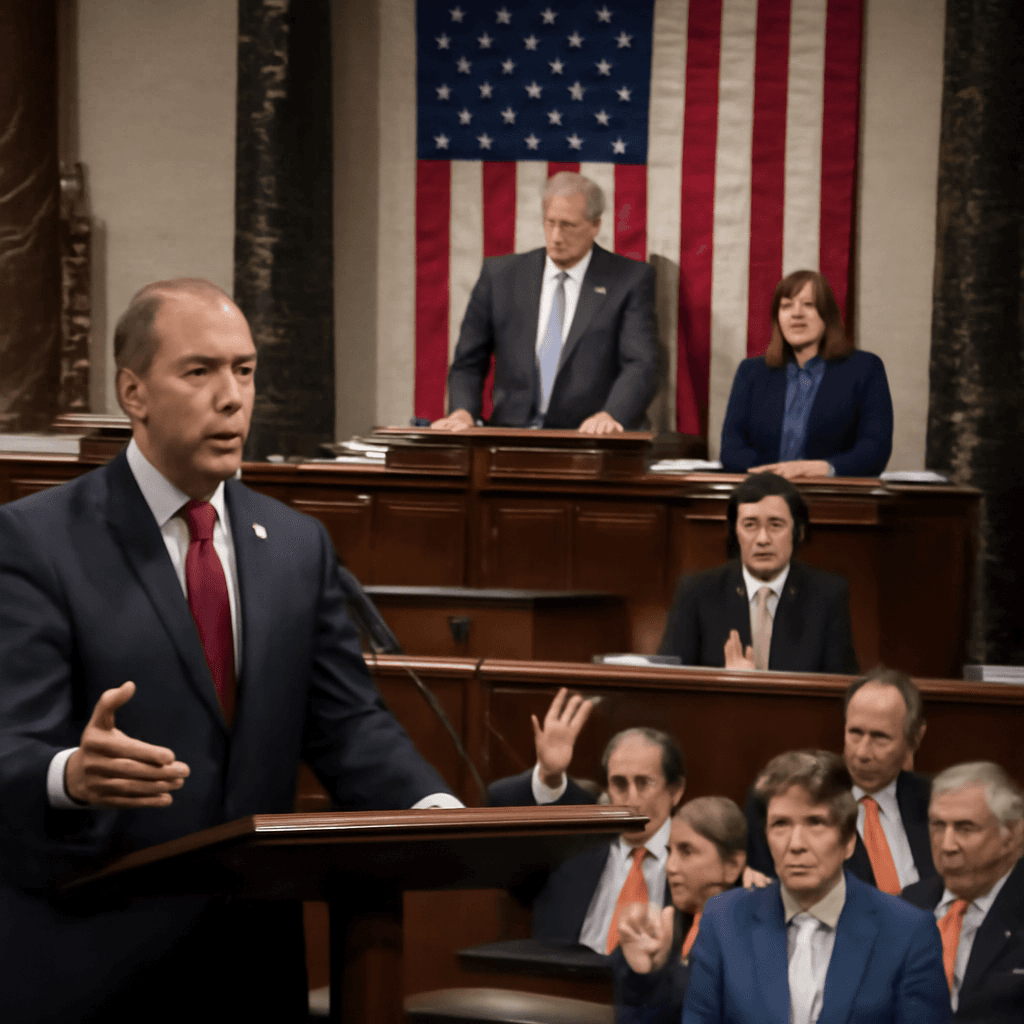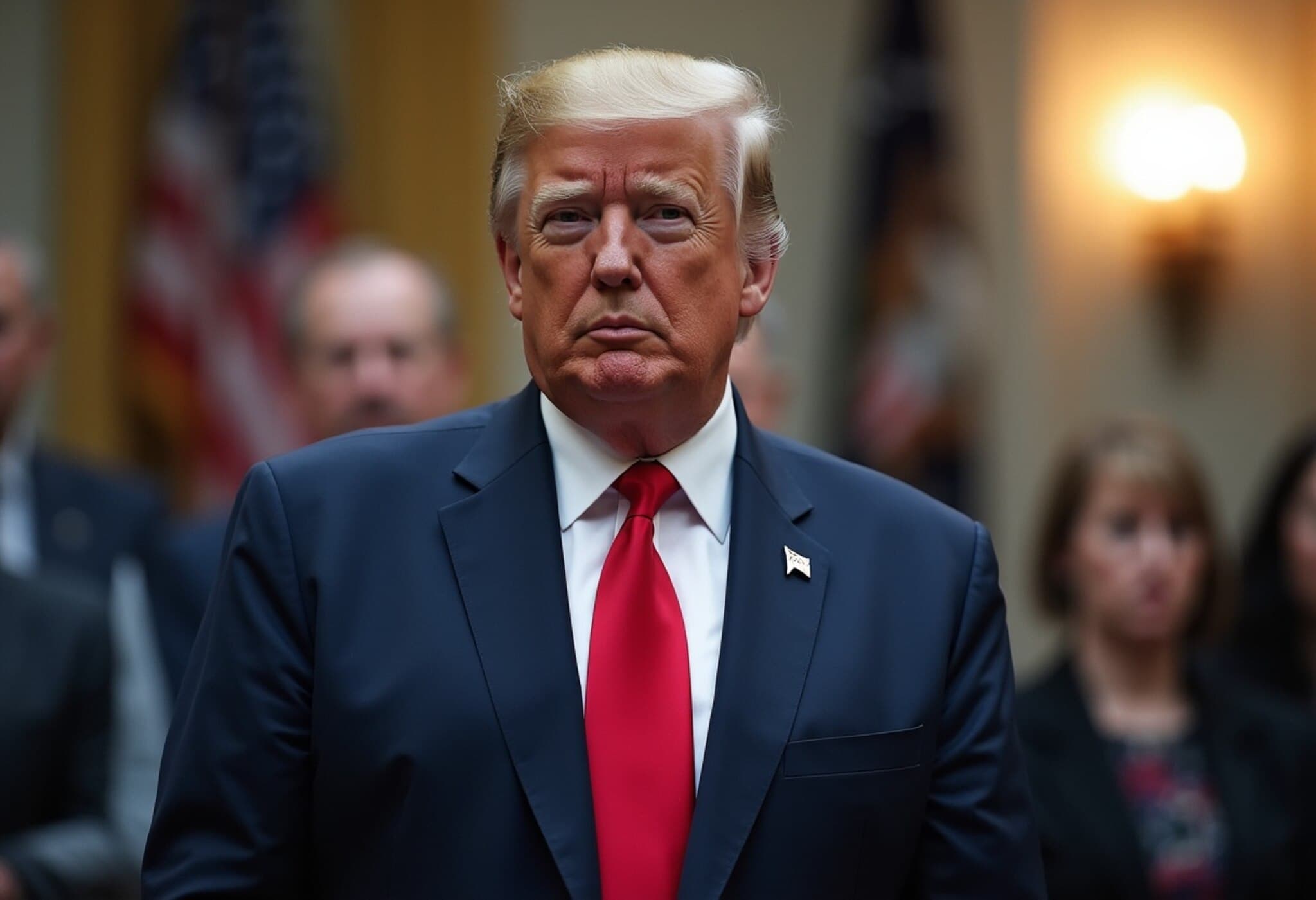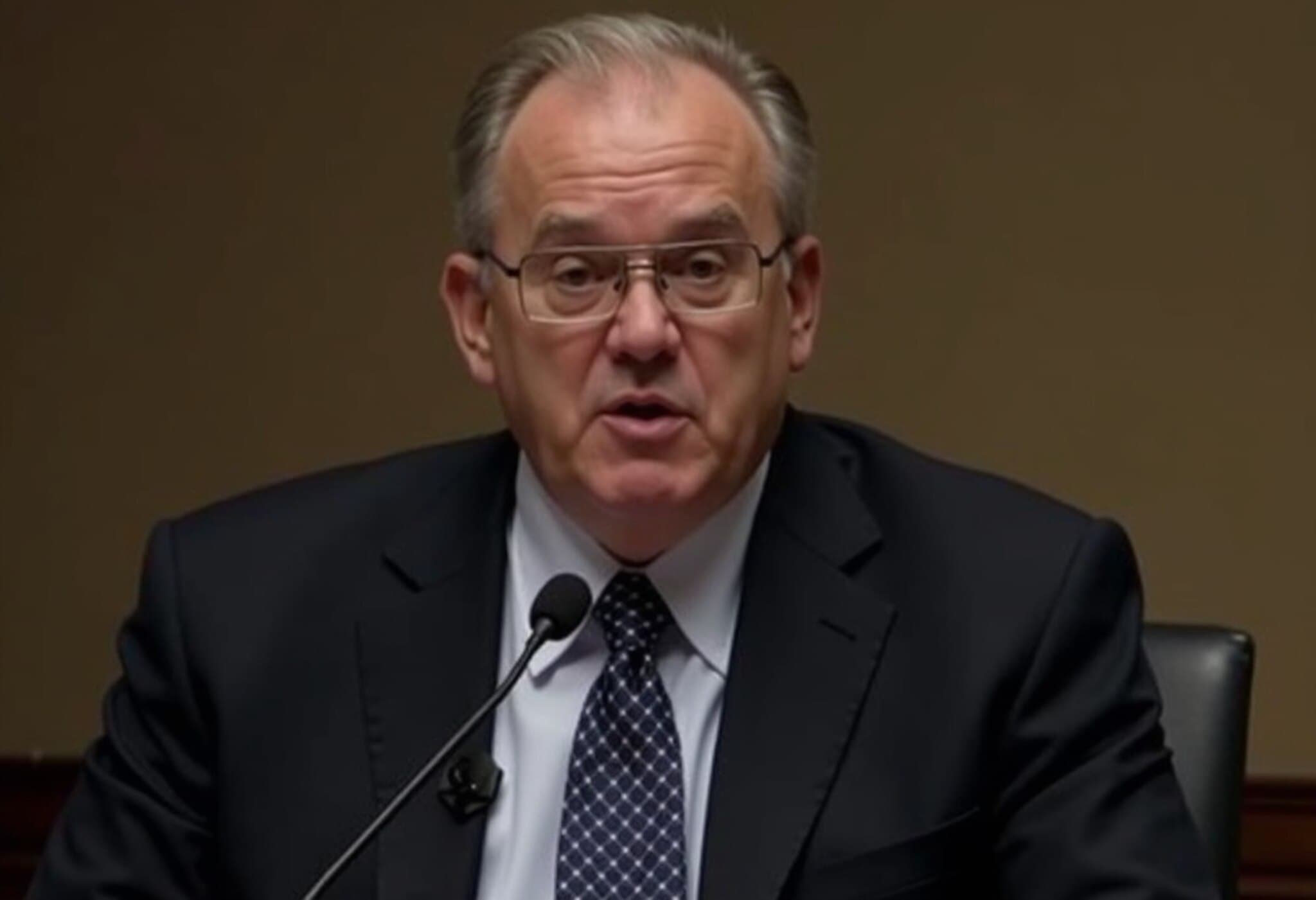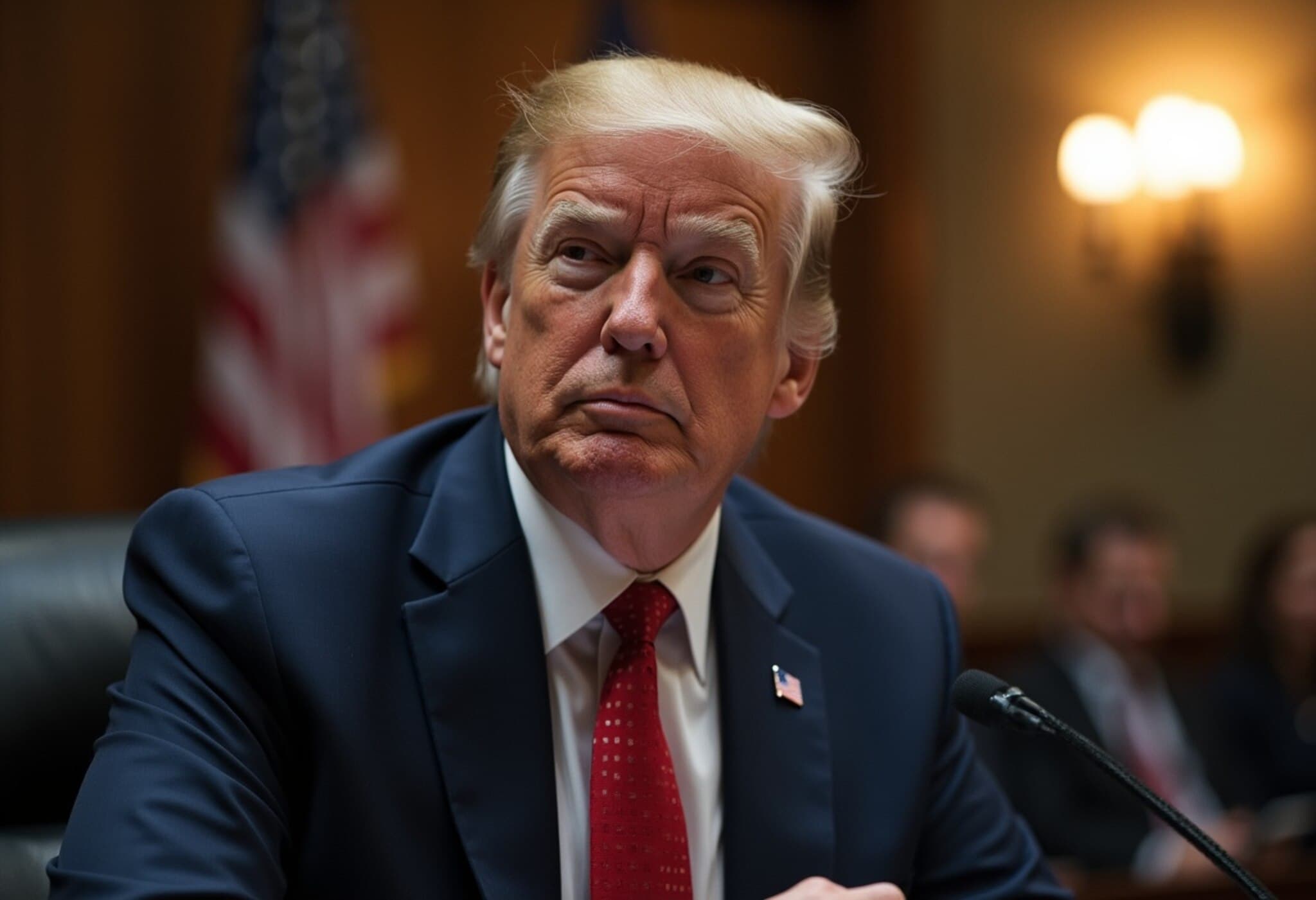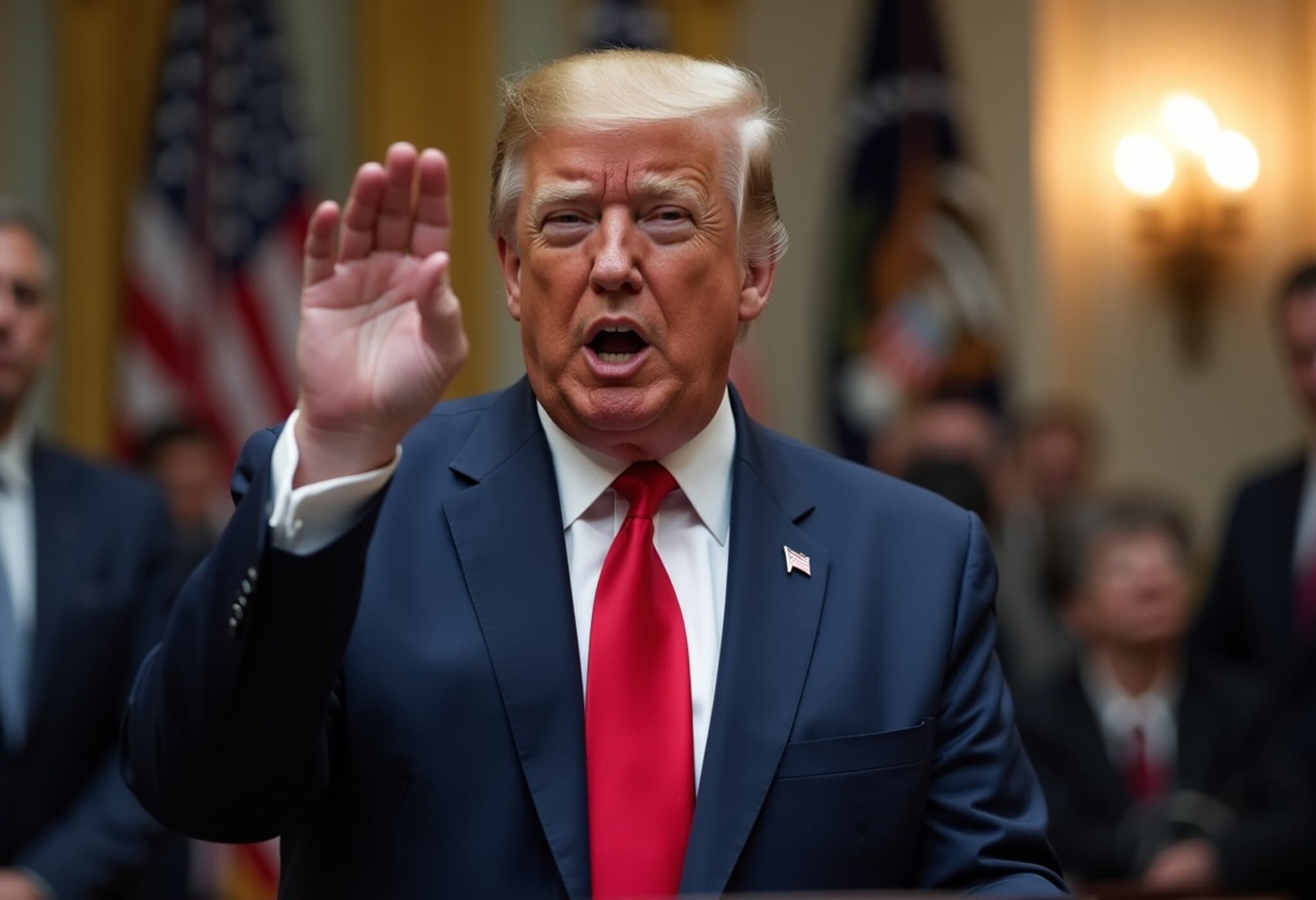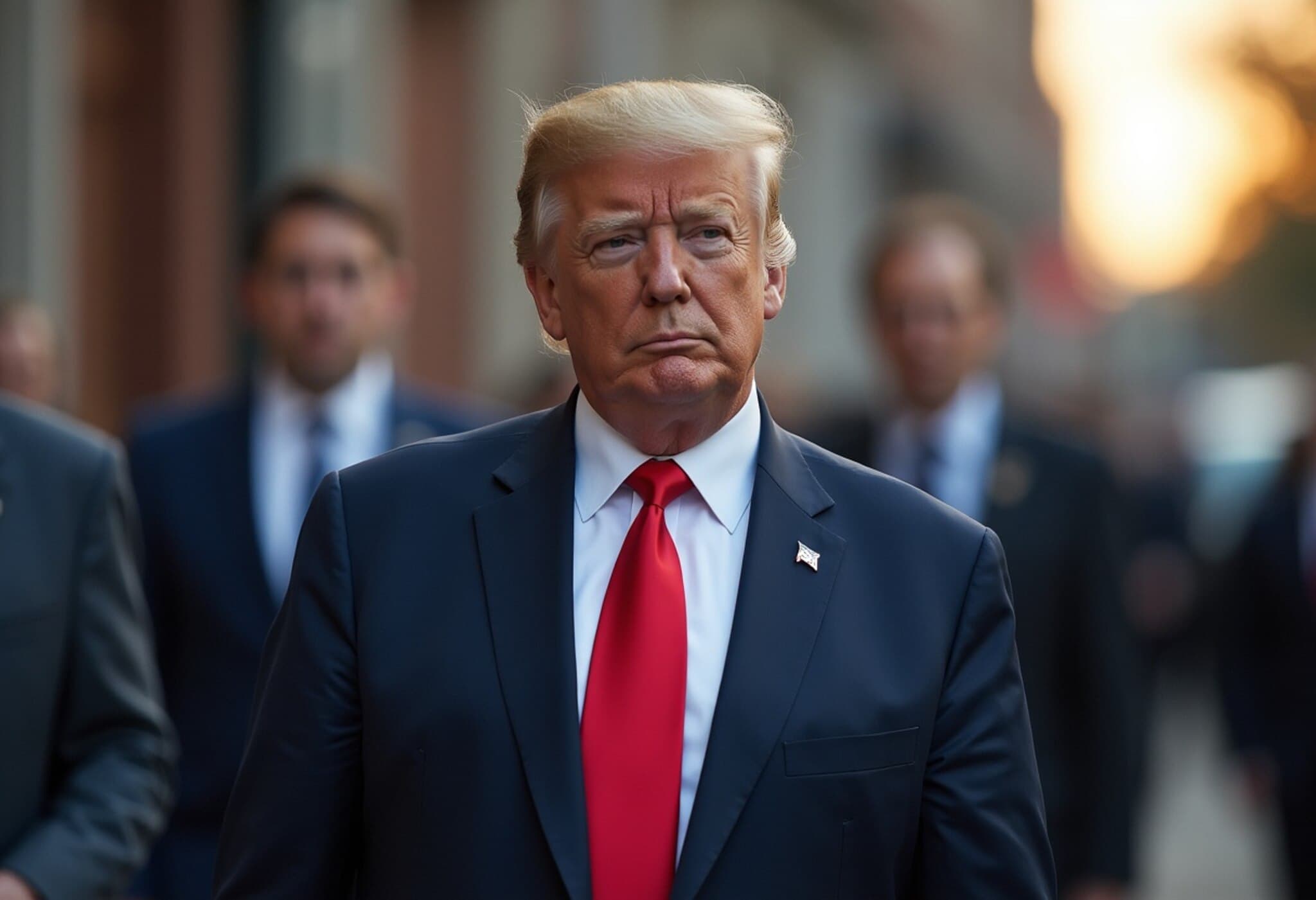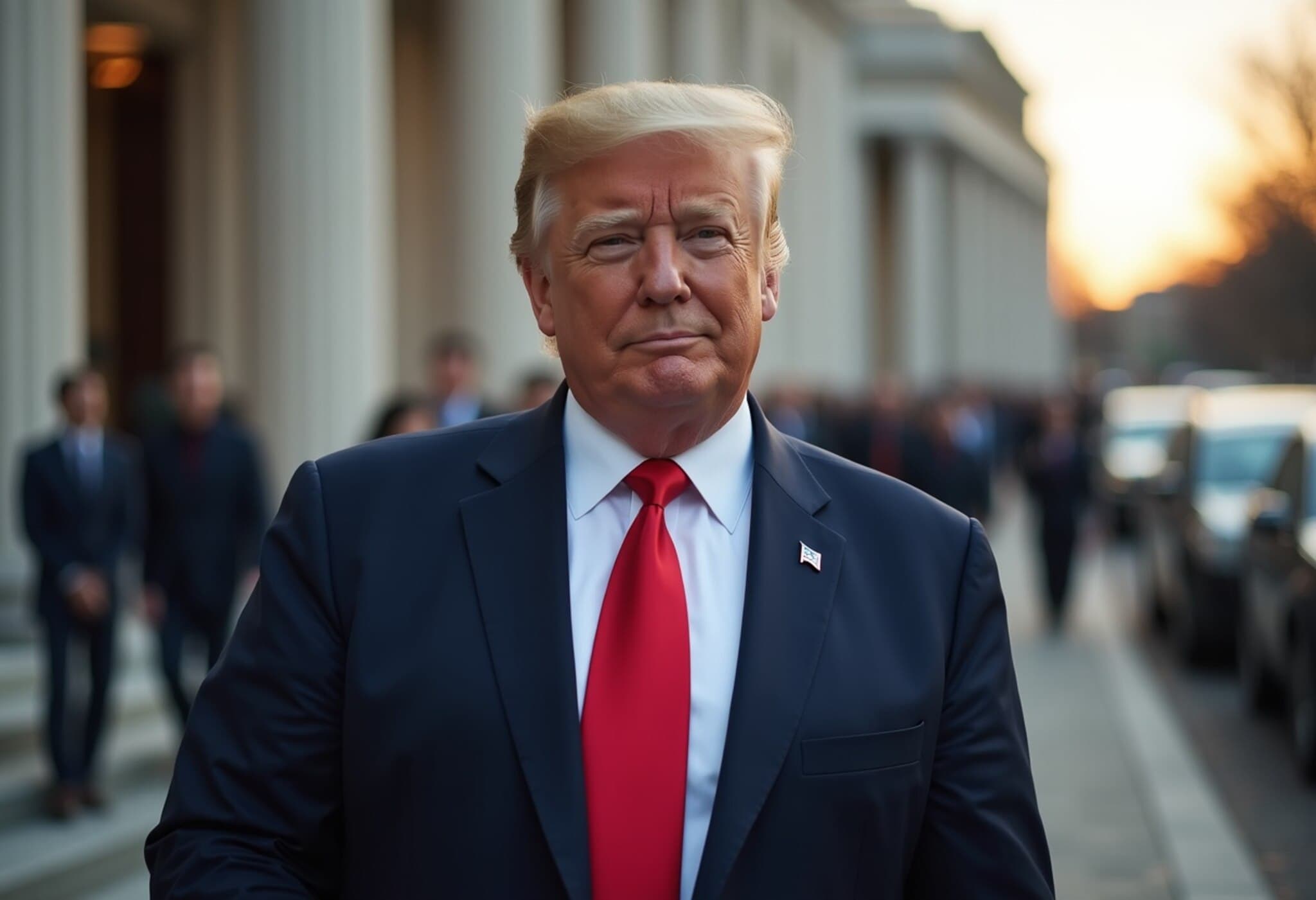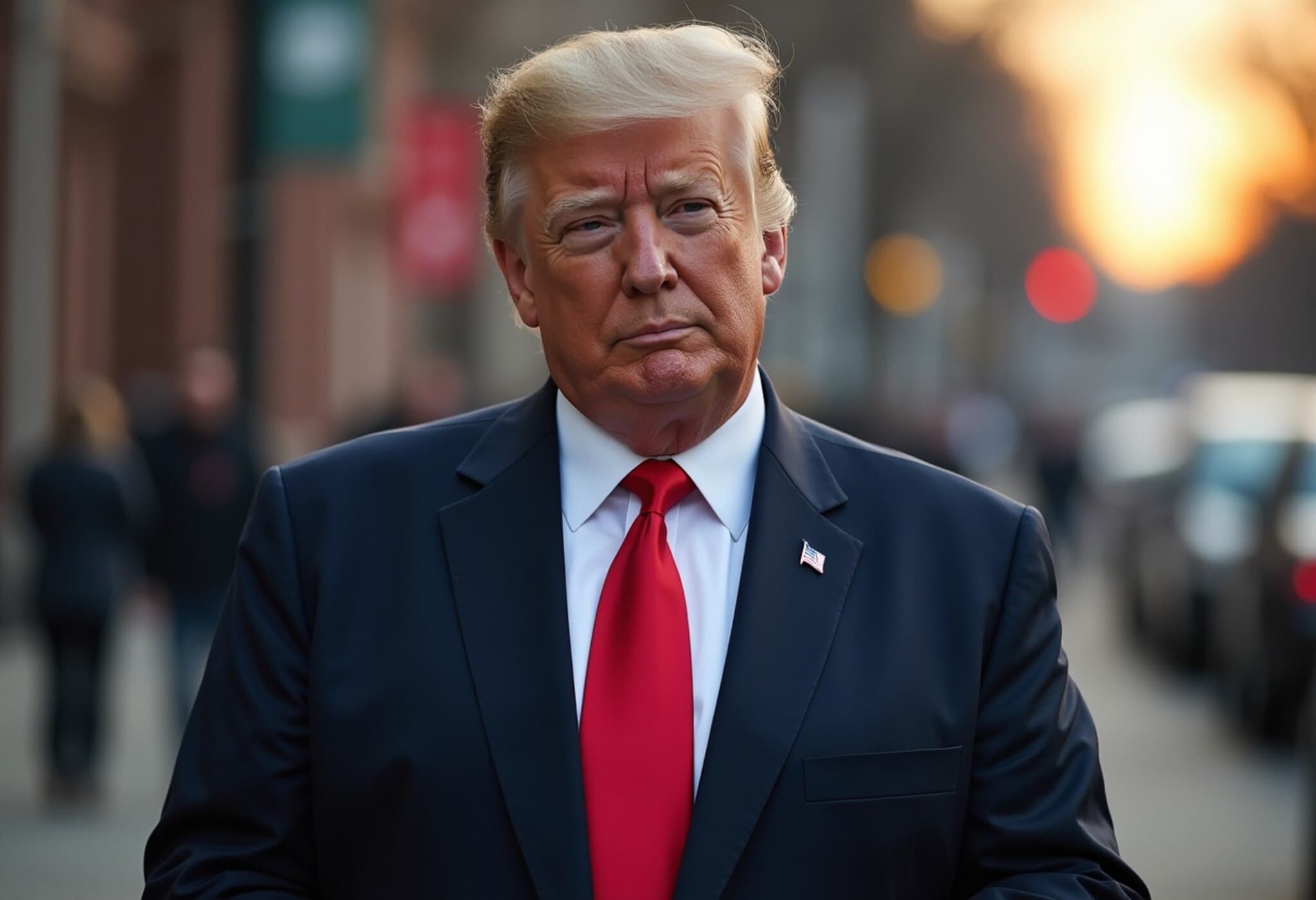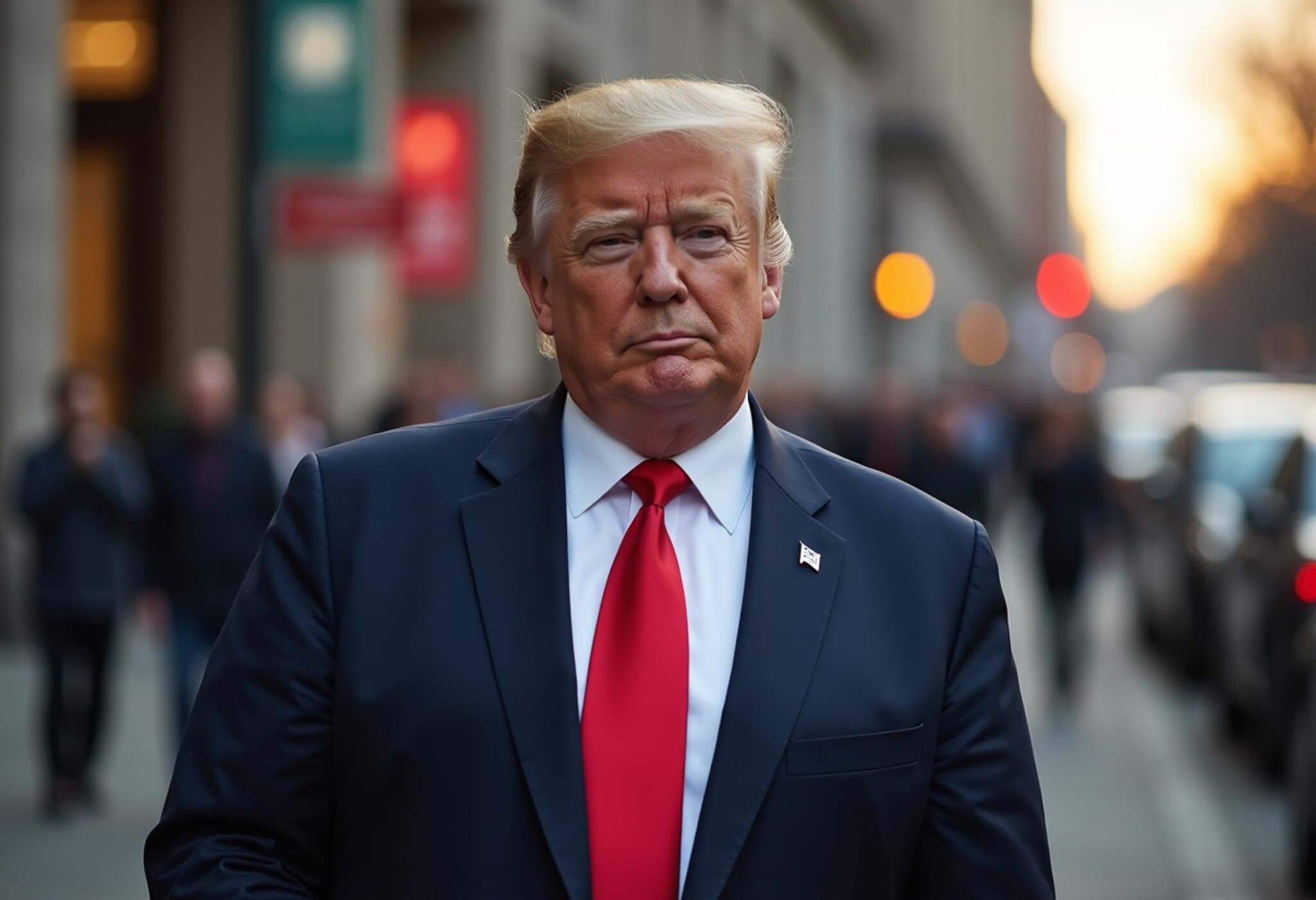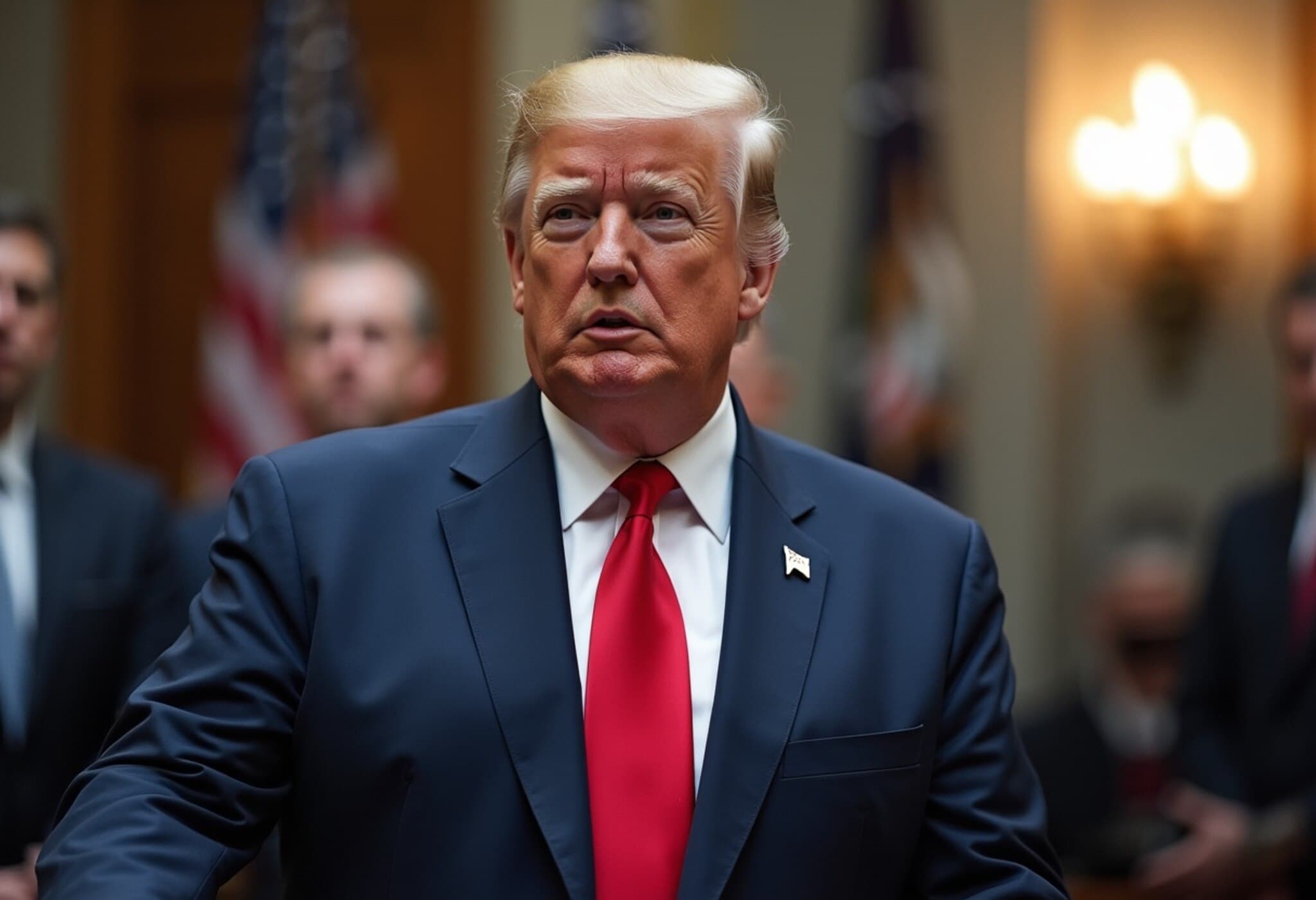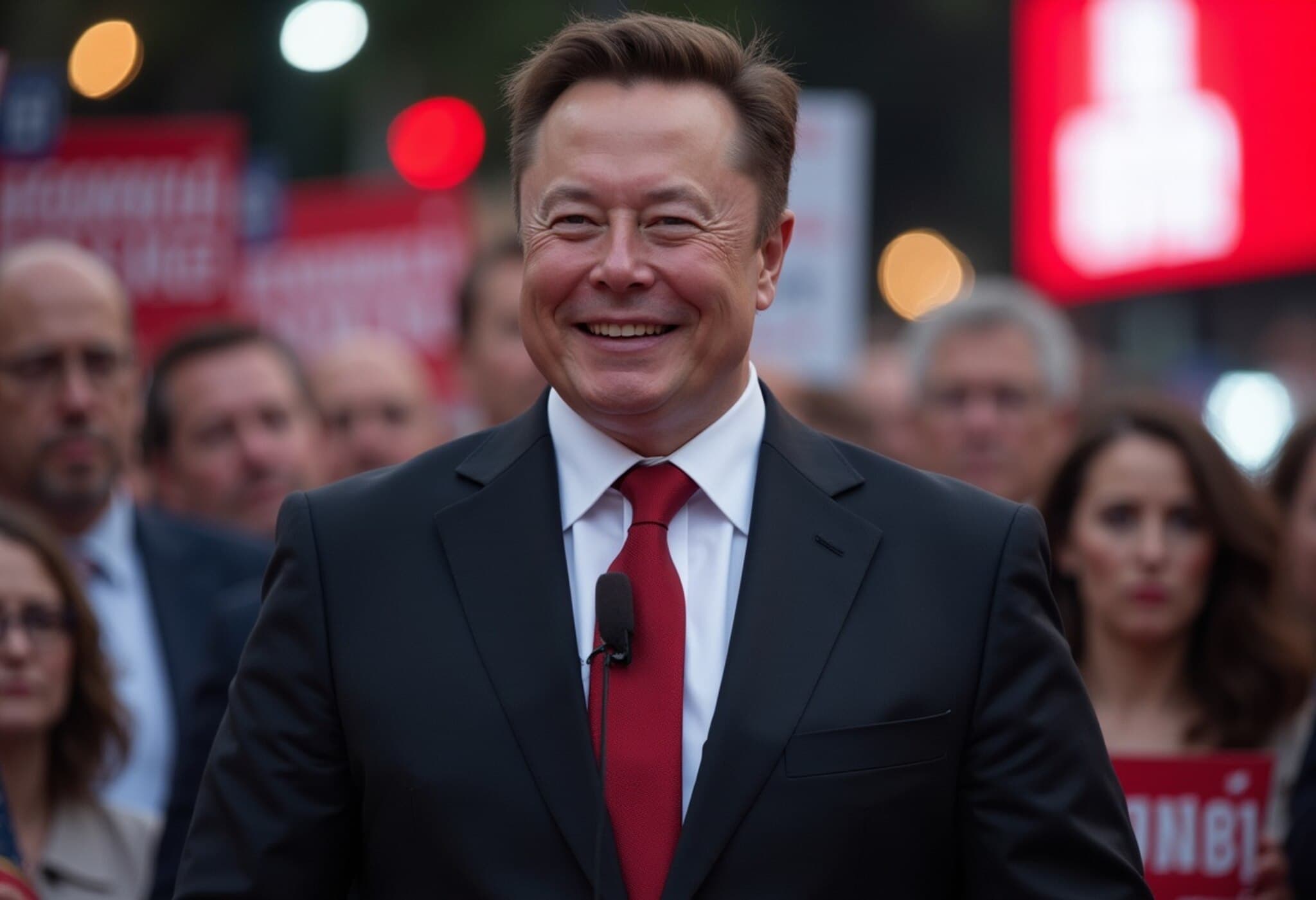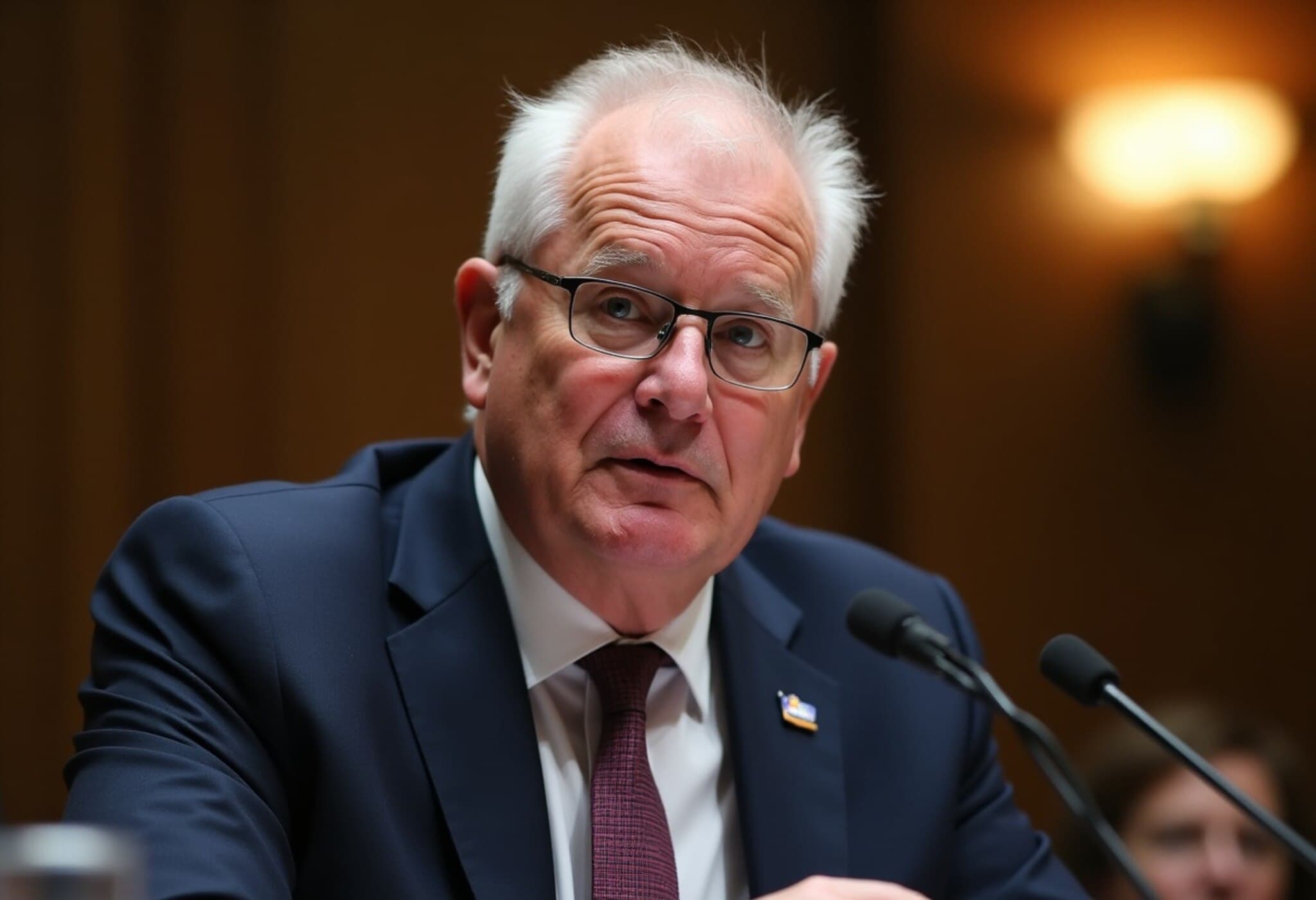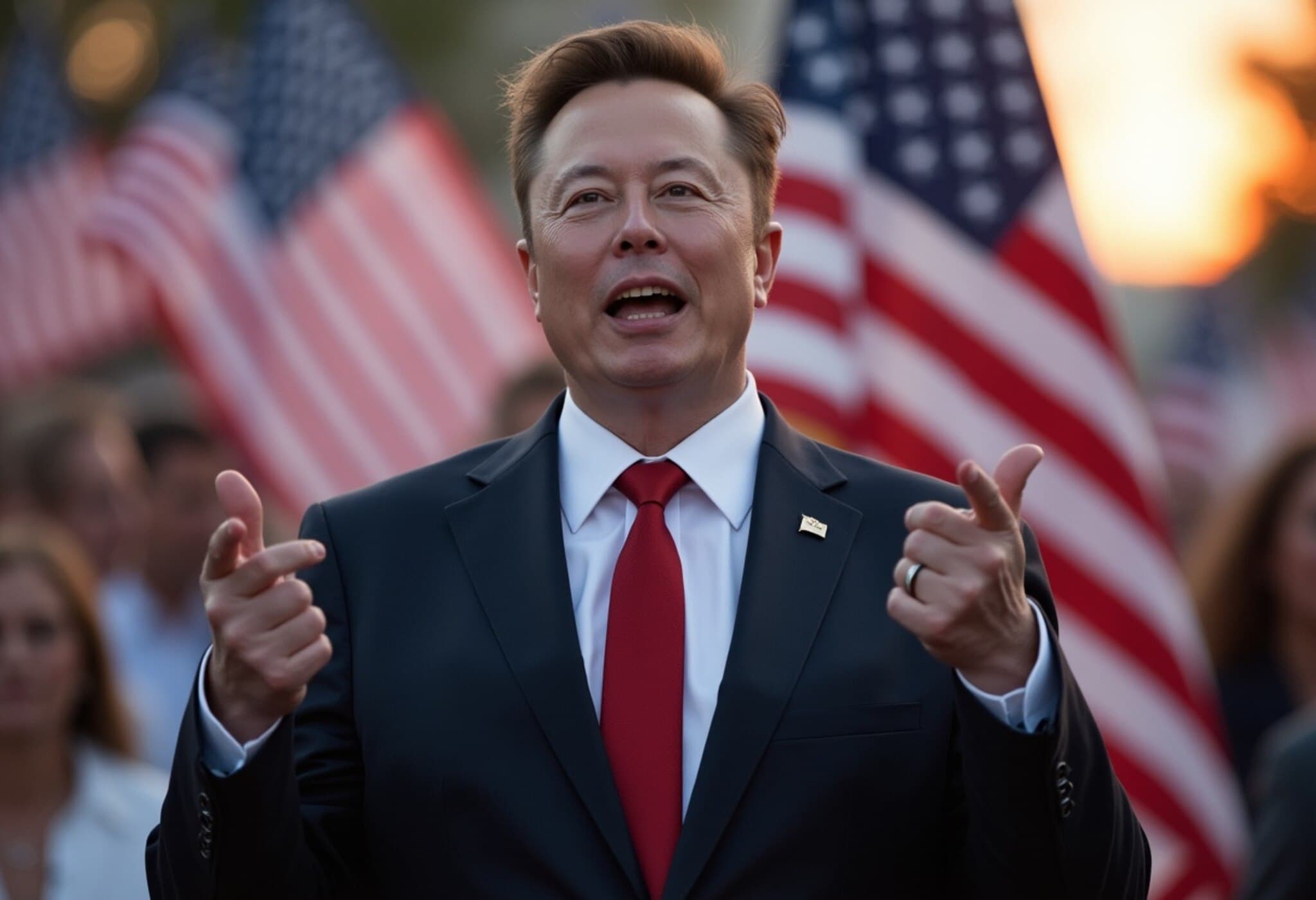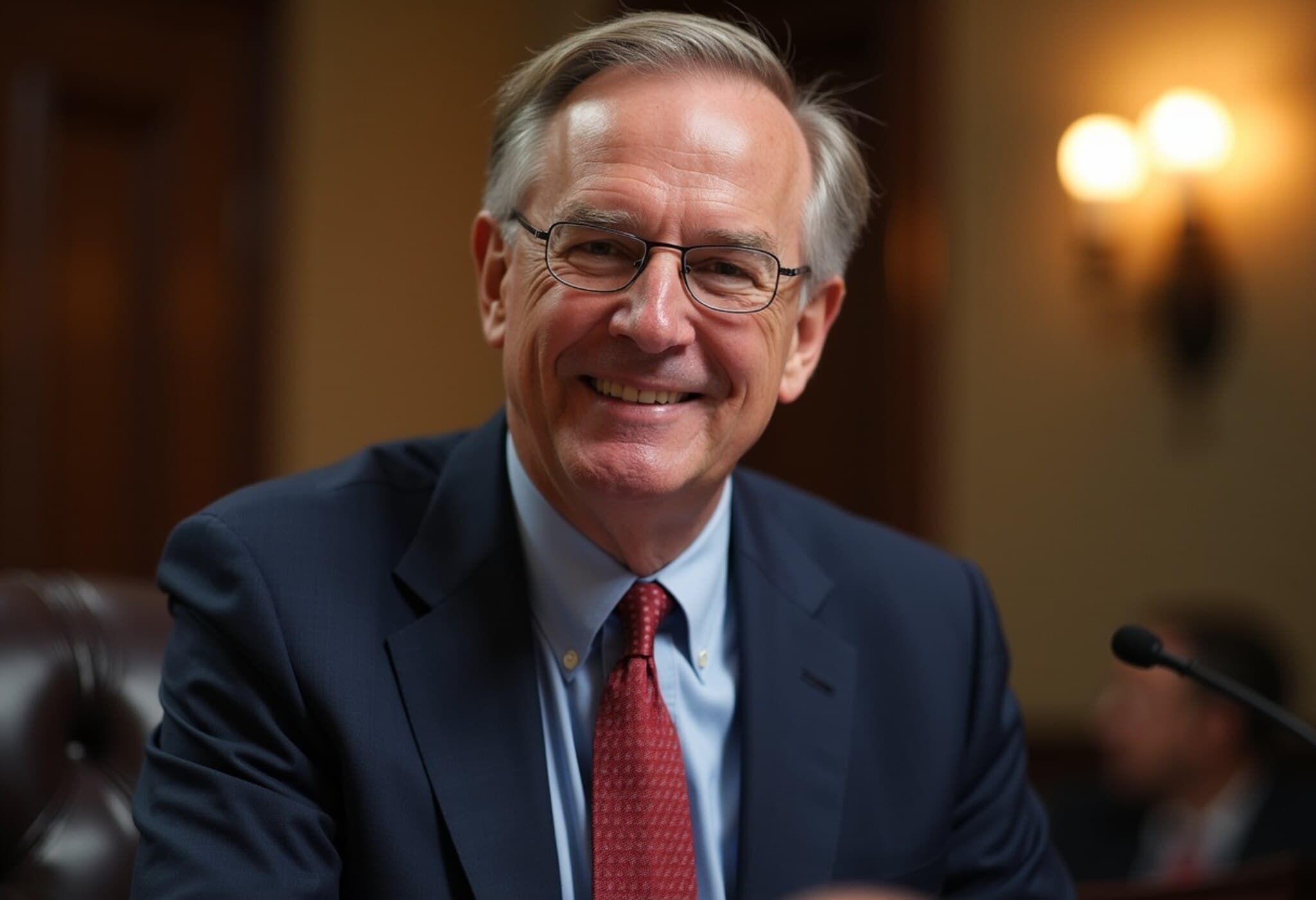House Approves Trump’s Sweeping Tax and Spending Legislation
In a tightly contested vote on Thursday, the House of Representatives passed President Donald Trump's expansive tax-and-spending package, marking a significant win for Republicans. The final tally stood at a razor-thin 218-214, with two Republicans—Thomas Massie of Kentucky and Brian Fitzpatrick of Pennsylvania—joining all Democrats in opposition. The bill now heads to the president’s desk for his signature.
Key Features of the "One, Big, Beautiful Bill"
Trump has championed the legislation, frequently referring to it as the "One, Big, Beautiful Bill," which packs trillions of dollars in tax cuts alongside increased funding for immigration enforcement. To offset costs, the bill includes substantial cuts to Medicaid and various social programs, stirring significant debate among lawmakers and advocates.
Last-Minute Opposition and Party Unity Efforts
Although Republicans largely signaled confidence in the bill’s passage, a handful of GOP members raised concerns over the potential impact on the U.S. deficit, prompting delays. Five Republicans initially voted against the procedural motion to advance the bill on Wednesday night, causing more than a day's worth of hold-ups. Yet, by early Thursday morning—around 3:30 a.m. ET—four of these dissenters relented, allowing the motion to pass. House Speaker Mike Johnson reportedly spent the night rallying his party, while President Trump intensified pressure to secure their support.
Senate Passes Bill with Vice Presidential Tie-Breaker
The legislation had barely cleared the Senate earlier this week, passing by a slim 51-50 margin, which required Vice President Kamala Harris to cast the deciding vote. With Republicans holding slim majorities in both chambers, this legislation reflects a narrow path forward for Trump’s legislative agenda.
Democrats Mount Strong Opposition
Democratic leaders blasted the bill as detrimental to millions of low-income Americans, arguing it disproportionately favors the wealthy. House Minority Leader Hakeem Jeffries of New York took to the floor for a record-breaking eight hours and 44 minutes, delivering one of the longest speeches in House history. Jeffries condemned the bill’s cuts, warning Republicans are wielding a "chainsaw" against essential programs such as Social Security, Medicare, Medicaid, and nutritional assistance.
“Republicans are trying to take a chainsaw to healthcare, to hungry children’s nutritional support, and to vulnerable Americans,” Jeffries declared during his marathon speech. Afterward, he told reporters, "House Democrats will continue fighting tirelessly on behalf of the American people."
Republican Defense and Fiscal Concerns
Republicans argue that the reform will root out inefficiencies and abuse within Medicaid, justifying the introduction of work requirements for eligibility. Currently, Medicaid covers over 71 million Americans as of March 2025.
Yet, the nonpartisan Congressional Budget Office projects that the bill could add a staggering $3.4 trillion to the national debt over the next decade, atop the existing $36.2 trillion. The White House has dismissed these projections as partisan, underscoring the contentious fiscal debate surrounding the package.
Economic Context Amid Protectionist Push
This legislative milestone arrives amidst ongoing economic volatility and aggressive trade policy changes from the Trump administration. Notably, new "reciprocal" tariffs on major US trading partners are set to take effect on July 9, reflecting the administration’s protectionist stance.
As the "One, Big, Beautiful Bill" moves closer to becoming law, it remains to be seen how the sweeping changes will reshape American domestic policy and economic dynamics in the years ahead.

